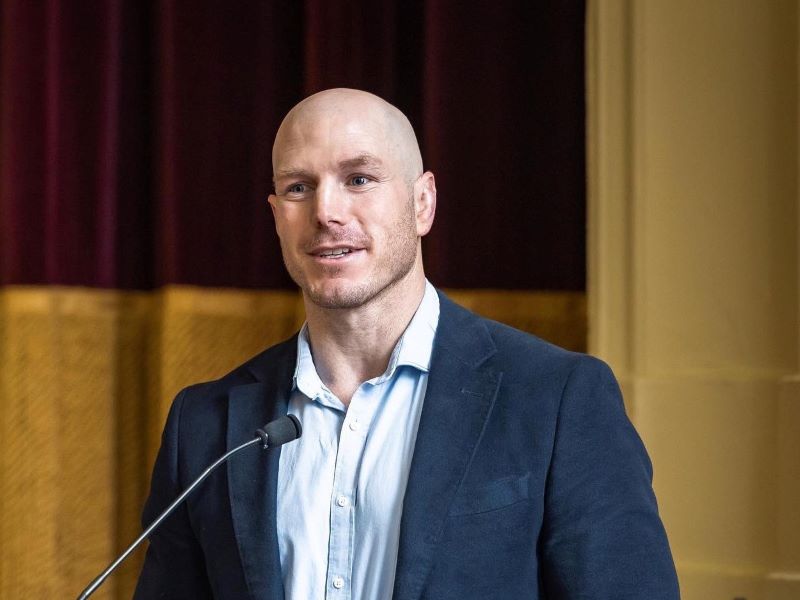Consulting giant EY will be paid almost $1 million a month to build the regulatory technology underpinning Australia’s expanding digital identity system, after the big four firm landed its biggest federal contract in years.
Only select suppliers were invited to bid for the work for the ID scheme’s regulator, the Australian Competition and Consumer Commission (ACCC), which has declined to reveal how many firms bid.
The “select sourcing” has disappointed local firms, who warn the method is locking local companies out of important technology projects, and led to more calls for wider procurement reform.

The ACCC awarded EY the agency’s biggest contract in a decade last month, a $10.7 million deal to deliver a register for the upcoming national digital identity system.
The already $700 million scheme looks to limit the sharing of personal information by using trusted identity verification to access services. Its starts with government services but eventually role out to states and the private sector.
EY has been contracted to deliver a solution that includes a register of accredited and approved entities, “portal[s]” for participants and staff, and a digital ID management API.
While the government wants to begin the expansion of digital identity as early as July, the register is not expected to be fully delivered until the end of the year.
The ACCC went to market for a supplier late last year through the Digital Marketplace, which allows government buyers to approach pre-qualified suppliers directly.
The regulator invited between five and 10 “experienced” suppliers to the tender, according to the marketplace listing posted last November.
The ACCC declined to say how many suppliers it approached last year or how many bid for the one-year contract that went to EY.
The “select sourcing” approach effectively locked out other suppliers from bidding for the work, Imminently co-founder Courtenay Hollis said.
The Canberra IT services and consulting firm chief said it was concerning the ACCC had used the method to engage the big four firm.
“The ACCC has demonstrated behaviours against their own mandate of providing market competition,” he told InnovationAus.com.
“This procurement approach continues to undermine the capabilities of Australian providers in contributing to strategic government initiatives.”
Independent Senator David Pocock said even when proper processes are followed, the current procurement system means Australian companies can be overlooked.
“I’m constantly hearing from local companies who’ve developed impressive new capabilities they believe could be utilised by government. But, unless they have existing relationships within the public service, it’s highly unlikely they’ll be asked to bid in a select tender process,” he told InnovationAus.com.
Senator Pocock, who secured a Senate inquiry into developing the local tech sector, including through government procurement, said Australian firms must be given a genuine chance to “prove themselves as worthy competitors” to established multi-national suppliers.
“From everything I have learned over the past two years, there is a strong case for wholesale reform of government procurement processes to create more opportunities for high-skill, high-capability sovereign Australian companies.
“At over $70 billion a year, government procurement offers a powerful opportunity to build local capability, create high-paying jobs and drive economic growth,” he said.

The use of EY also comes after intense scrutiny of large consultancies over the last year, triggered by their growing share of government contracts and a string of scandals.
The tax leaks scandal of rival big four firm PwC sharing confidential government information to help its clients avoid tax has already led to changes in supplier expectations and added to a push to phase consultants and contractors out of core work.
Last year, a former EY partner faced similar allegations, with one of its former partners accused of promoting tax exploitation schemes.
When asked what methods had been used to gain additional oversight or assurances of EY, an ACCC spokesperson said the agency has effective contract management process in place.
“The ACCC have contract management processes in place to ensure that supplier performance is satisfactory, stakeholders are well informed, and all contract requirements are met, thereby ensuring that the contract delivers the anticipated value for money,” the spokesperson said.







